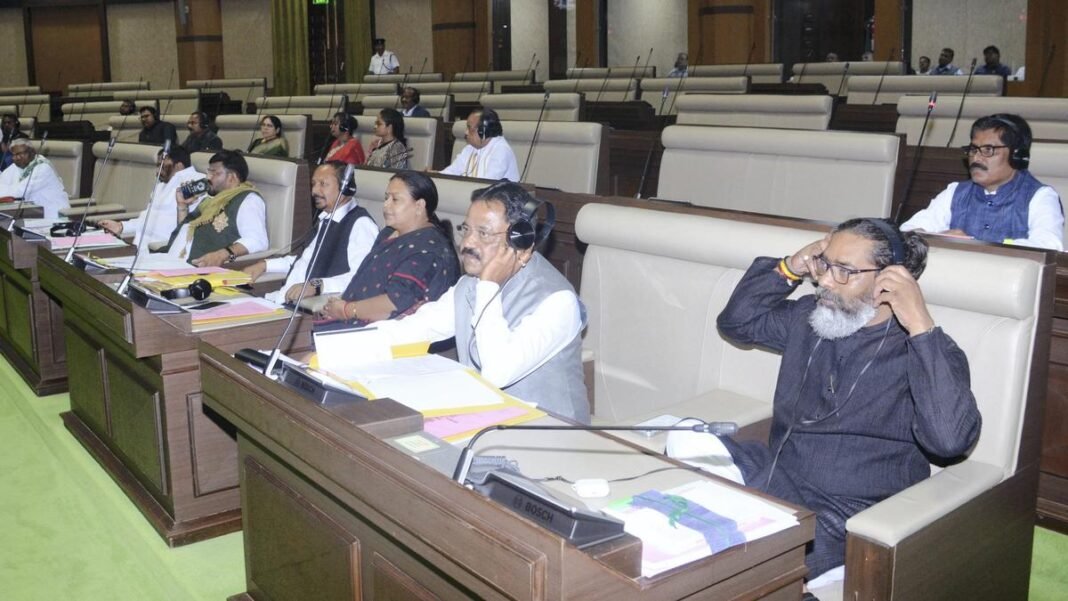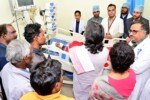RANCHI, March 24: A caste-based survey will be conducted in Jharkhand in the next financial year, a minister said in the state Assembly on Monday.
He said the Personnel department has already been made a nodal agency to hold the task.
“The government is serious about holding the caste-based survey in the state. A decision in this regard has already been taken in February last year. We will make all our efforts to conduct the survey during the next financial year,” Transport, Revenue and Land Reforms department minister Deepak Birua said replying to a question raised by Congress MLA Pradip Yadav in the assembly.
Yadav wanted to know about the deadline to conduct the survey. He also asked the government about the exercise done by the personnel department till now.
Birua said that the department issued a notice on March 4 to hire an agency in a bid to ascertain the total number of people required, levels of work and financial aspect of the exercise.
“I talked to a few agencies but it will take some time,” he said.
He said that few days are left before the end of the current financial year.
“I assure you that the government will make all efforts to carry out the exercise in the next financial year on the pattern of Telangana and Bihar,” he said.
Pradip urged the government to include Sarna religious code to ascertain the population of Sarna followers.
JD (U) legislator Saryu Roy raised the issue of municipal elections during Question Hour. He asked whether the government would conduct the polls by May 16, as per its affidavit filed in the high court.
In response, Parliamentary Affairs Minister Sudivya Kumar stated that the government intends to hold the elections after completing the “triple test” survey to ensure Other Backward Classes (OBCs) receive their due representation.
“The triple test survey has been completed in 21 out of 24 districts. If the surveys in the remaining three districts are completed on time, we will make an effort to hold the elections by the given deadline. Otherwise, we will seek more time from the high court in light of the OBC reservation,” Kumar said.
The “triple test” includes setting up a dedicated commission to conduct an inquiry into the nature and implications of the backwardness in connection with local bodies.
The second condition is to specify the proportion of reservation required to be provisioned in the local bodies as per the commission’s recommendations.
The third test is that the reservation should not exceed 50 per cent of the seats reserved in favour of SCs, STs, and OBCs taken together. (PTI)












